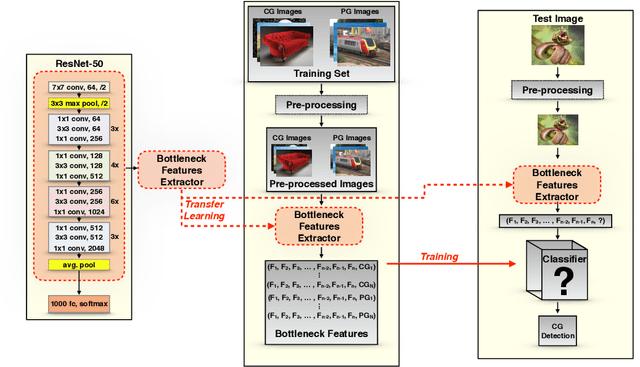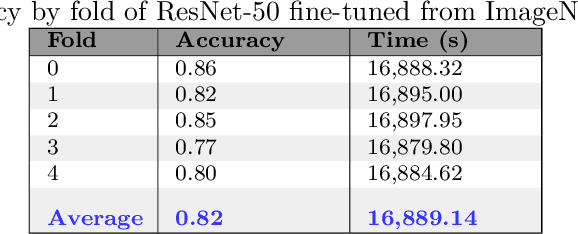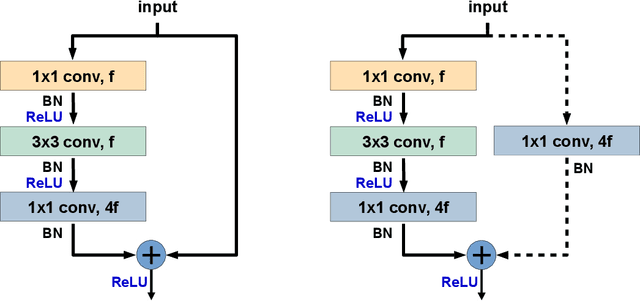Guilherme C. S. Ruppert
Exposing Computer Generated Images by Using Deep Convolutional Neural Networks
Nov 28, 2017



Abstract:The recent computer graphics developments have upraised the quality of the generated digital content, astonishing the most skeptical viewer. Games and movies have taken advantage of this fact but, at the same time, these advances have brought serious negative impacts like the ones yielded by fakeimages produced with malicious intents. Digital artists can compose artificial images capable of deceiving the great majority of people, turning this into a very dangerous weapon in a timespan currently know as Fake News/Post-Truth" Era. In this work, we propose a new approach for dealing with the problem of detecting computer generated images, through the application of deep convolutional networks and transfer learning techniques. We start from Residual Networks and develop different models adapted to the binary problem of identifying if an image was or not computer generated. Differently from the current state-of-the-art approaches, we don't rely on hand-crafted features, but provide to the model the raw pixel information, achieving the same 0.97 of state-of-the-art methods with two main advantages: our methods show more stable results (depicted by lower variance) and eliminate the laborious and manual step of specialized features extraction and selection.
 Add to Chrome
Add to Chrome Add to Firefox
Add to Firefox Add to Edge
Add to Edge